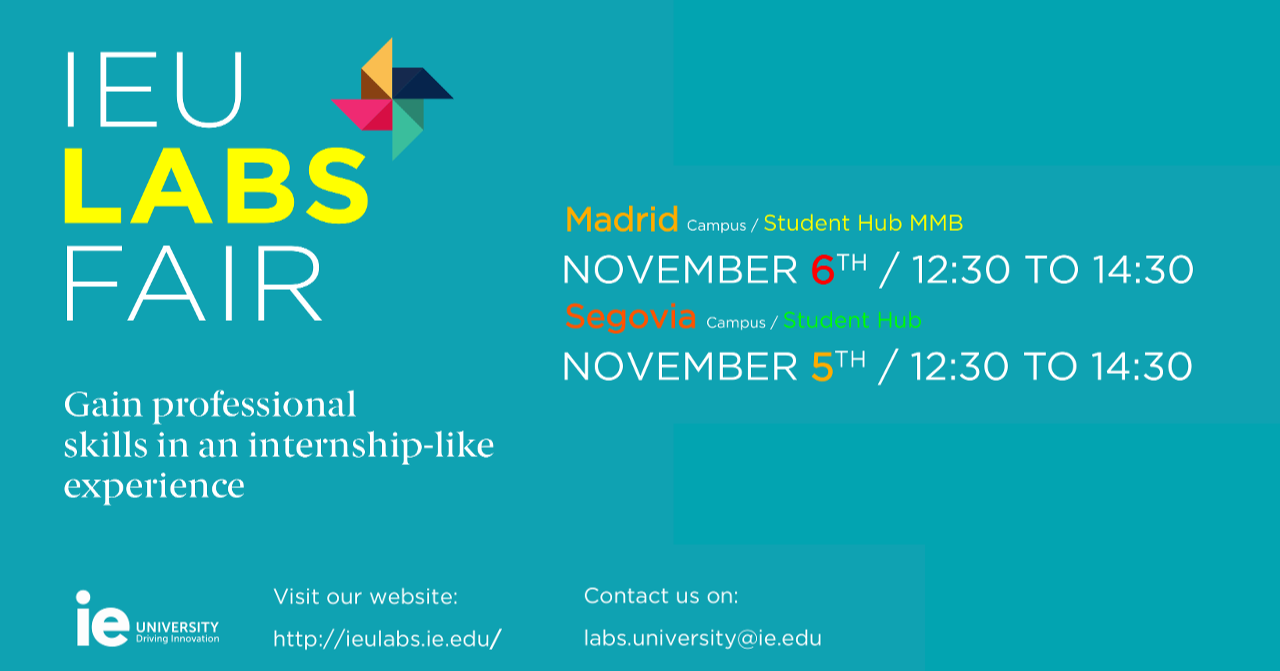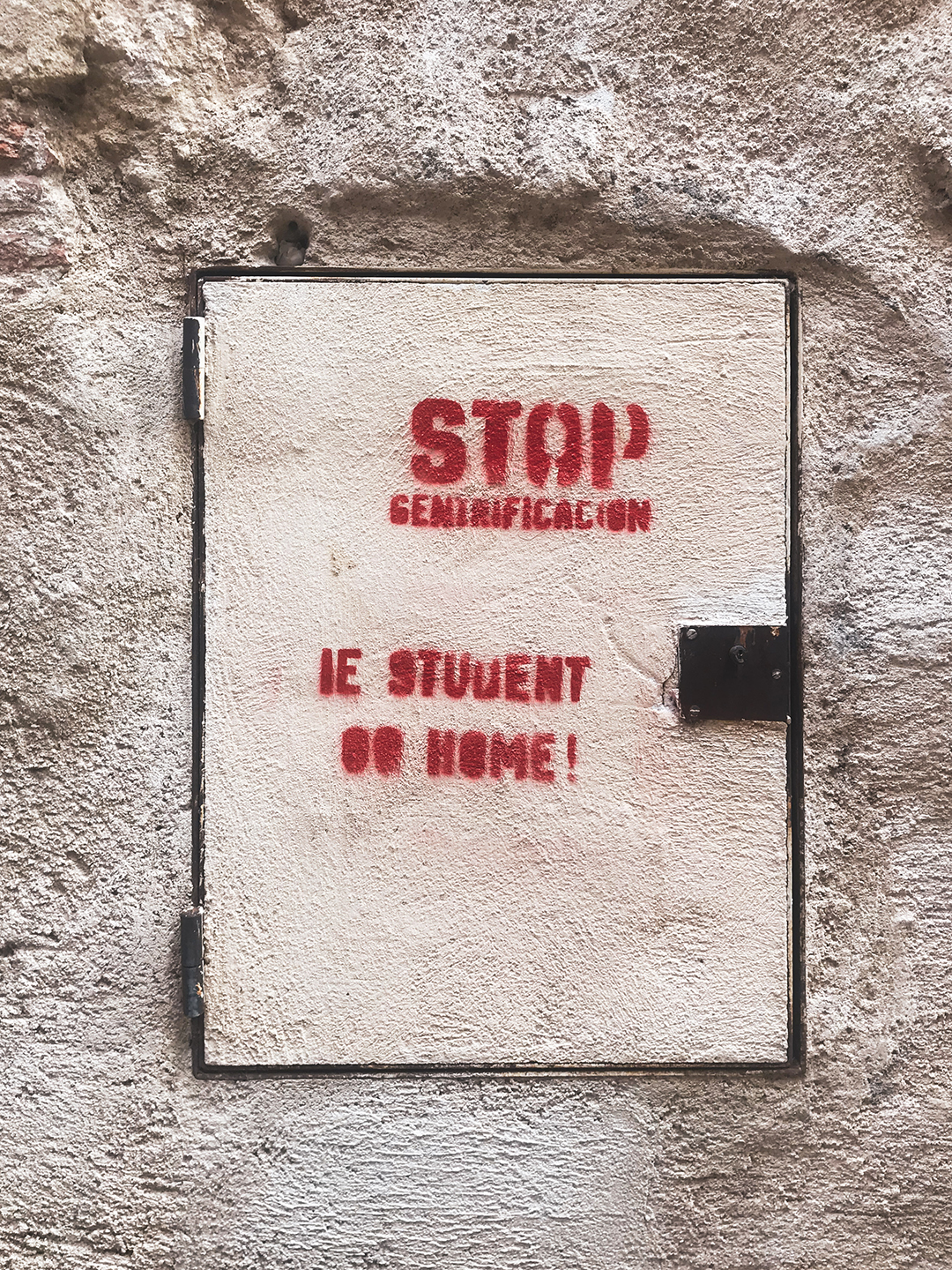Segovia – On Tuesday, November 12th, the IE School of Global and Public Affairs, in conjunction with the Sustainable Development Club, hosted their first UN Speakers Series event. Natalia Galat, a UN Systems Staff College administrator and visiting professor from the new Masters in International Development, spoke about her work history before the UN, her time at the UN, and how the SDG’s shape the UN in the 21st century. A panel, featuring Borja Santos, executive director of undergraduate programs in GPA, and Dawson Shinners, president of the SDG club, moderated this event. Attendance at this first event was quite high, filling up the first three rows of the refectory.
Galat started her speech with background information about her time before the UN. She grew up in Kazakhstan, and for 12 years lived under the USSR until the revolutions in the early 90s. During and after college, she worked for international organizations in Kazakhstan, until she moved to Oxford to obtain a master’s degree. She then spent 11 years as a staffer in her nation’s United Nations delegation, before moving into the organization itself.
From there, she briefly explained the history of the UN and the UN charter before shifting her focus to reforms occurring within the UN. These reforms include greater transparency and accountability. She spoke on how the Sustainable Development Goals follow these reforms – they provide objective ways to track progress, specific goals for the UN, and flexibility for each country to find a unique approach to solving their development problems. Two main pillars of this effort, universality and “leave no-one behind,” ensure that the UN treats countries with dignity when implementing the SDGs.
Following Natalia’s speech, the moderators opened the floor to questions for Galat. One student posed the question “how can university students work with the SDGs?”. She directed students interested in the SDGs to get involved in change on a university level, then to spread that to other universities and surrounding communities.
She also recommended to students looking to work in the UN to develop soft skills – leadership, public speaking, group projects, etc. – to make themselves marketable to the UN.
Another student posed a question attacking the UN for their inaction on Kurdistan, Xinyang, and other human rights abuses internationally. While outside of Galat’s sphere of the UN, she defended the organization, pointing out the limitations imposed on it. As the UN may only intervene at the invitation of the host country or at the behest of the Security Council, it’s unlikely peacekeepers could ever step in to stop these abuses, no matter how brutal.
The event finished out with the presentation of a gift from the SDG club to Natalia Galat, presented by Anika Robinson, Project Coordinator for the SDG club.
The event is said to mark the beginning of a long line of speaker events jointly-hosted by the School of Global and Public Affairs and the SDG club. As word spreads about this series and more, and student interest increases, one can expect new and exciting topics to be addressed by impressive and renown guest speakers.






